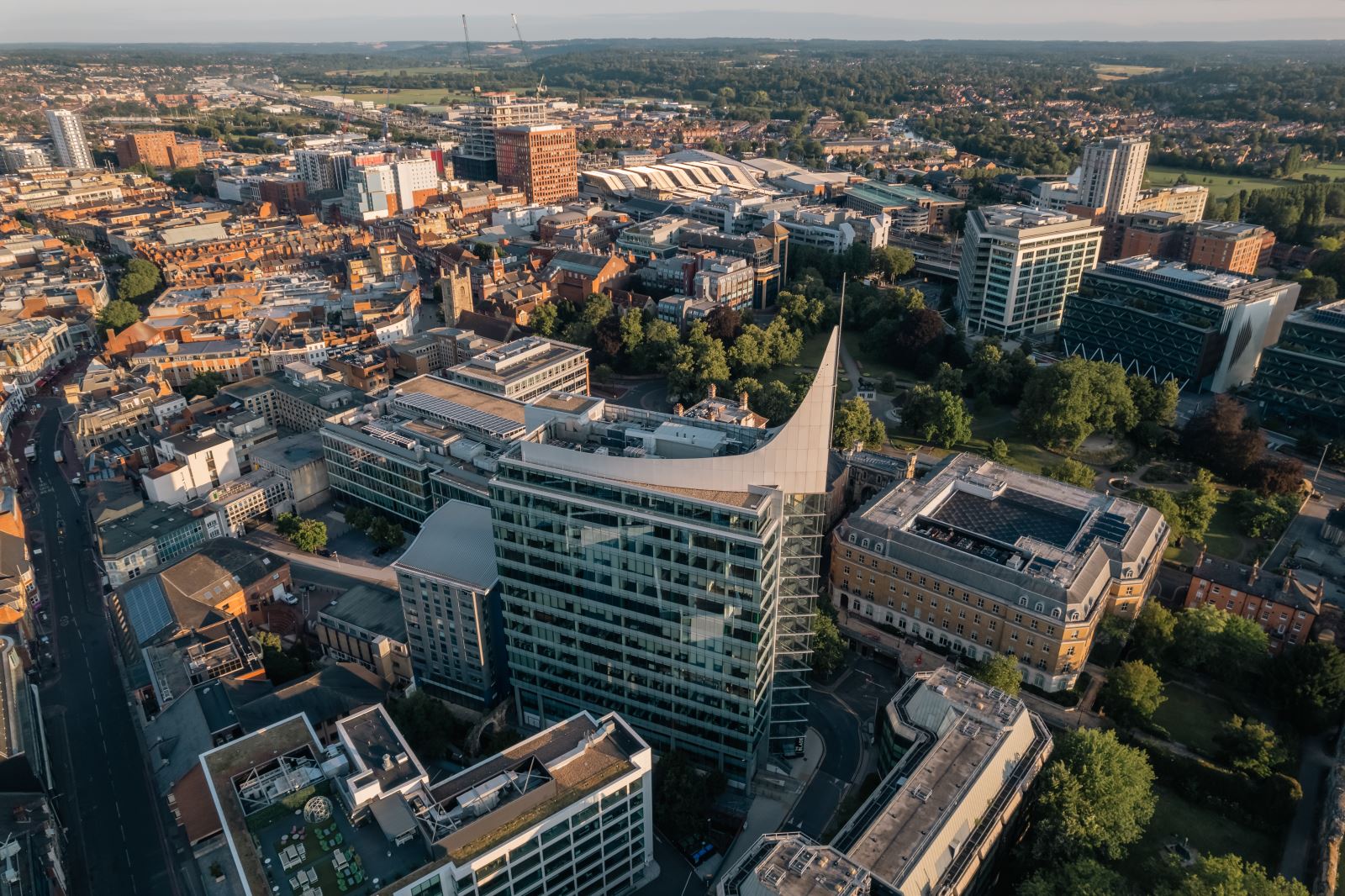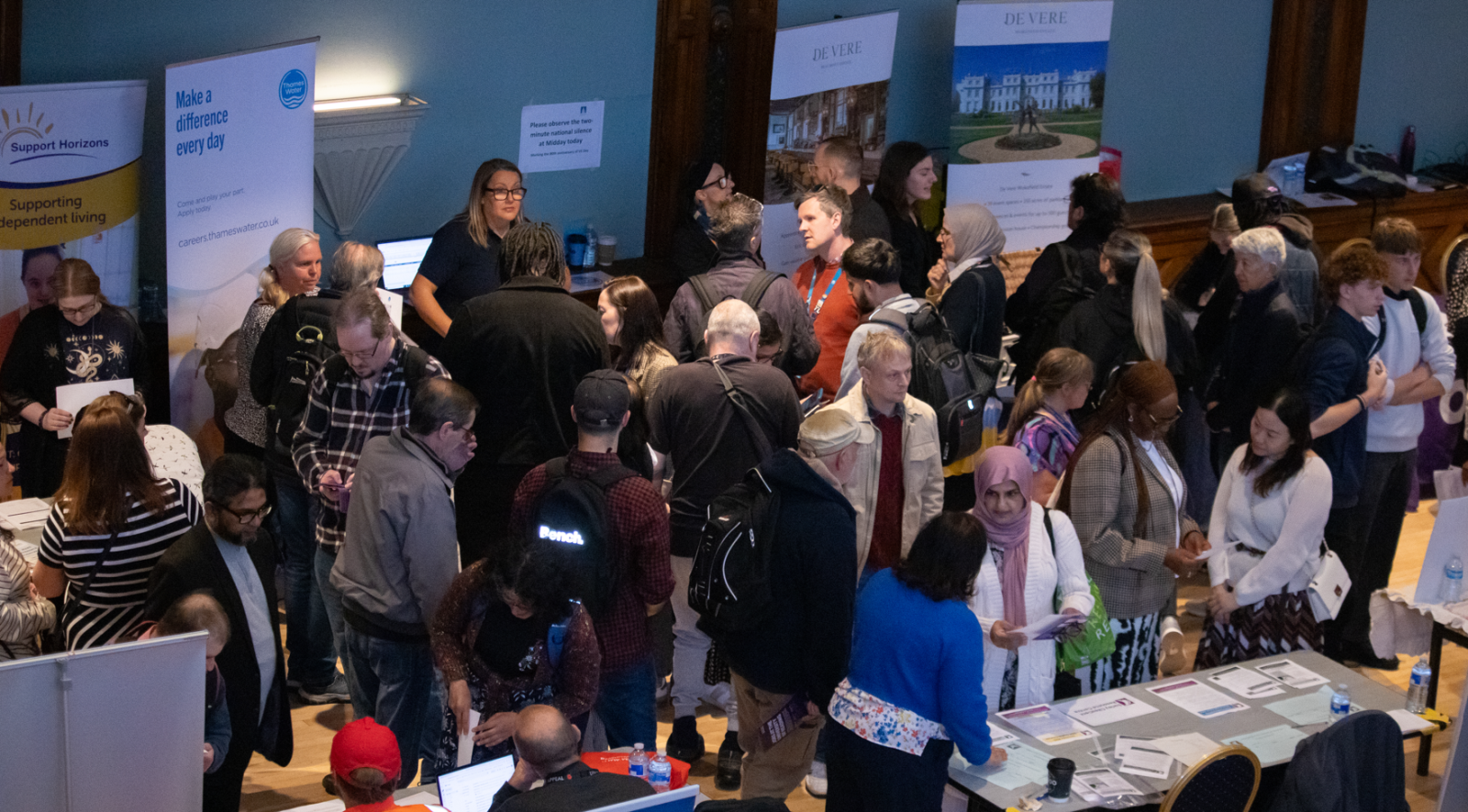REDA Board prepare the ground for a new Reading Economic Development Strategy
16th May 2025
The REDA Board met recently for its annual away day to celebrate the impact of our work in 2024 and plan for the next ambitious phase of our programme of work.
The Board was in buoyant move on the back of recent announcements that Reading has won one accolade a month in the last quarter. We set our sights on tackling the implications of AI on Reading’s economy and the decades-long skills mismatch in areas of our local labour force in relation to the needs of Greater Reading’s knowledge-based economy. The meeting culminated in workshops to address a number of key questions as the basis for a refreshed Economic Development Framework for the Greater Reading area, which will published by the end of the year.

In the last few months, the accolades for Reading have come thick and fast:-
- January: Reading ranked as one of the strongest locations of the UK economy. delivering UK-leading productivity, underpinned by export-focused high-tech businesses who are paying the 4th highest average wages in the UK (£44,586) and creating an average disposable income of £25,736, the 3rd highest in the UK (Centre for Cities).
- February: Reading is listed in the top ten of the annual Vitality Index published by LSH, ranking 5th in both the index of business and living key measures.
- March: Reading is the 4th best place to develop a career with high employment rates, a thriving business environment, wide choice of jobs and high salaries (Coworking Cafe)
- April: Reading named as one of the best places to live in the South East (Sunday Times)
REDA Board celebrated the success of the first year of its five-year corporate plan with key achievements including:-
- Networking of over 750 businesses with potential to provide supply chain support to film makers at Shinfield Studios.
- Provided careers advice with employer input to 5099 students at 39 events in 6 schools.
- Established a new online training platform for employees in the town centre BID - SEEDL has had 300 sign-ups in 6 months.
- 110 residents attended employment/self-employment clinics in South Reading; 45 at a small Jobs Fair at Whitley Wood Community Centre.
- 1900 people attended the two jobs’ fairs in the Town Centre, meeting 116 employers and 29 training organisations.
- 100 residents and over 600 students attended an immersive experience of the film and creative industries.
- Reading developers created 452 local construction jobs, took on 25 apprentices and hosted site visits for 400 students through ESP agreements with REDA.
- Supported a further 56 people to start up in business. 36 were awarded a start-up grant and 14 were facing complex barriers to work.
- Launched a new Xmas lighting scheme in the town centre, which has been a great hit with residents, businesses and visitors alike.
- Achieved Local Visitor Economy Partnership status pan Berkshire, working with neighbouring local authorities. The new tourism body will deliver on the UK tourism strategy and further receive investment to build the capacity of Reading’s £400m visitor economy which supports 6,700 jobs.
- REDA secured CSR accreditation Silver Award.

Going forward this year we will be *planning to:
- Commission new street art in the town centre.
- Assist another 5000 students through careers advice in local schools.
- Deliver 3 jobs fairs including one dedicated to science and technology celebrating 60 years of the IT industry in Reading, started with the US computing company DEC locating in Reading Town Centre in the 1960s.
- Support 20 more entrepreneurs to set up new businesses.
- Further development of the supply chain and labour market to support the growth in film at Shinfield Studios.
- Refresh the 2050 Vision and the Reading Economic Development Strategy - the most important piece of work this year. The REDA Board, now led by Scott Witchalls, Director at Canadian firm STANTEC, led three working groups at the away day to discuss the issues and challenges faced by the Reading economy. The outcomes will form the basis of the new economic development framework and 10 year action plan. Key areas of discussion included preparing for the economy of 2035, enhancing Reading’s leading economic position, attracting new tech industries and preparing the workforce for AI, supporting those most disadvantaged in the workforce to get jobs and bringing lasting regeneration to underperforming areas of the city. For full details of the conclusions in the Group Discussions report.







